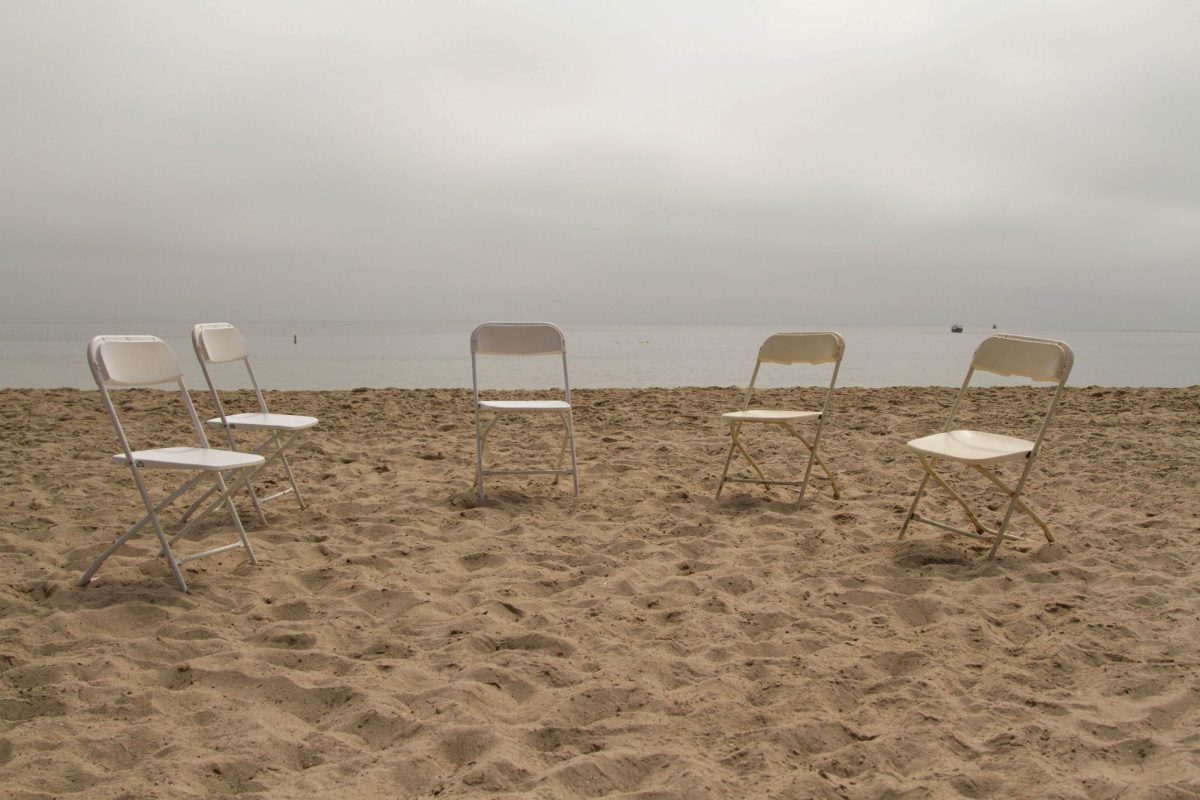Over-inflated textbook prices have become such a crisis for so many college students the Student Senate formed a committee to combat the problem.
UCSB CALPIRG recently conducted an observational study that compared book prices in the United Kingdom to America and found the exact same books to be considerably less expensive abroad than at home.
The Senate committee will write a proposal to influence professors to abandon the use of books with shrink-wrapped packaging. The idea behind this is that the packaging forces students to purchase unneeded items like CD-ROMs and study guides. Many students discard these items anyway because they are not necessary for their classes.
“I don’t think it should be a problem,” said Student Body President James Carter, who spearheads the committee. He feels that the faculty will contribute to help lower the cost of books.
Academic Senate President and political science Peter Haslund, who will be working closely with the committee said, “The high cost [of textbooks] has deteriorated the willingness for students to spend money.”
He believes the problem lies with consolidated publishers who have monopolized the market and turned students into “captured consumers.” Haslund also wants to unify all California community college presidents and produce one letter to these mega publishers and every media outlet in effort to forge one solid voice against astronomical book prices. This would publicize the problem to the masses and should prompt the publishers to listen to the student request and take action toward price reduction.
However, bookstore manager John Lorelli thinks the problem should be attacked from multiple angles.
He said that conscientious instructors can help reduce hefty book prices by turning in their book order list on time to the bookstore.
This offers the bookstore ample time to increase used book availability and prevent widespread usage of inserted new editions that cost more money but relatively remain the same as previous editions.
“Publishers don’t listen to students; they listen to their consumers, the faculty,” he said. It would be wise to have instructors put pressure on the publishers rather than the students.
Only about one-third of City College’s students participate in book buyback. Last semester the bookstore spent $204,000 at the book buyback and would be happy to spend twice that this semester, which would supply the bookstore with cheaper used books and would help reduce the overall price. he said.
Student Senate attacks sky-high book prices
Bernard Mitchell
October 15, 2004
Story continues below advertisement
More to Discover






